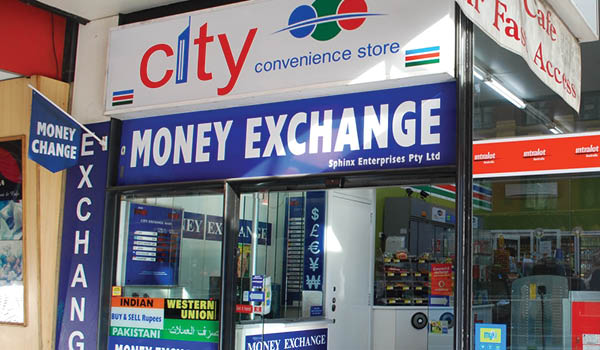More smaller supermarkets and convenience stores are set to appear in Australian CBDs and cities, while the Australian supermarket landscape is set to evolve to accommodate the entry and aggressive expansion of discount grocery retailers, according to commercial real estate services and investment firm CBRE.
Areas of opportunity for convenience stores are apartment developments across cities and increased residential occupancy in CBDs.
A new CBRE Viewpoint report said that the traditional dominance of Coles and Woolworths, which held a market share of roughly 75% at its peak, is now being challenged by the entry of discount supermarkets Aldi and Costco.
Over the past 15 years, Aldi has rolled out more than 360 stores nationally, contributing to 10% of total market share, and has plans to open a further 150 stores over the next five years, with a strong focus on Western and South Australia.
Australia has seen 60-70 supermarkets open each year in the past 15 years, with a large proportion of these situated in the eastern states.
CBRE senior research manager, Danny Lee, said discount supermarket retailers would lead the supermarket roll out across Australia, which is predicted to remain steady in the coming years.
“More supermarkets may dilute income streams and reduce market value for stores,” he said.
At 16.7 stores per 100,000 people in the UK and 11.7 stores per 100,000 people in the US, Australia, at a ratio of 10 appears to be relatively understocked.
CBRE Research predicts Australia can accommodate a supply of 40 stores per year over the next five years before reaching the same store provision per capita to US supermarkets.
“Increased residential occupancy in CBDs, particularly in Sydney and Melbourne, has driven growing demand from grocery retailers for CBD space and has led to a rise in smaller concept stores for grocery operators, including IGA,” according to Leif Olson, CBRE head of Retail Brokerage Leasing Australia.
“Across the country we’ve seen the rise of leading convenience store brands, including Ezymart and City Convenience, taking space on prime high pedestrian strips,” Mr Olson concluded.

